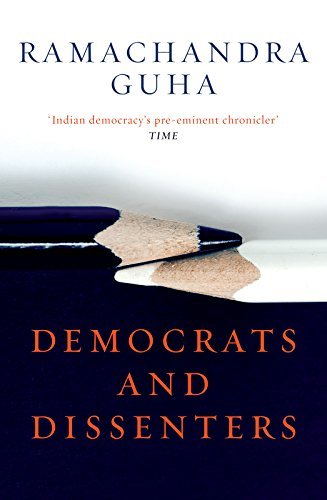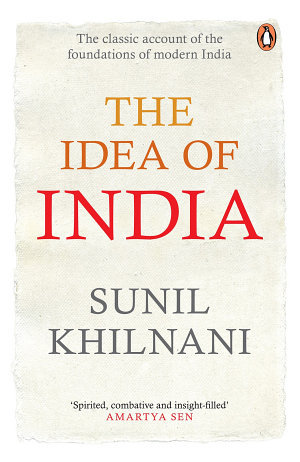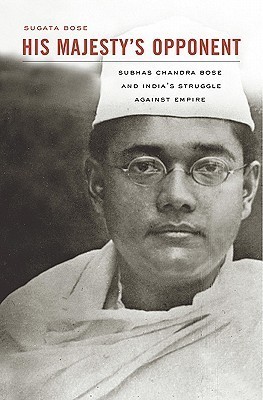
Democrats and Dissenters
Book Description
Amidst the swirling chaos of modern India, a battle rages not just for power but for the very soul of democracy. With deft storytelling, Ramachandra Guha unveils the fierce struggle between those who uphold the ideals of a democratic society and those who challenge its foundations. Each chapter pulsates with the urgency of dissent, weaving together voices of dissenters and defenders, illuminating the stakes that transcend politics and touch the essence of identity. As the forces of authoritarianism loom large, will the spirit of democracy endure, or will silence prevail in the face of oppression?
Quick Book Summary
"Democrats and Dissenters" by Ramachandra Guha is a thought-provoking collection of essays examining the evolution, challenges, and contradictions of democracy in India and beyond. Guha investigates the complex interplay between democratic ideals and forces of dissent, focusing on how these interactions shape national identity and political life. The book navigates through key moments in Indian political history, highlighting figures who have defended democracy as well as those who have challenged its core. Guha stresses the essential role of dissent and intellectual debate in sustaining a vibrant democracy, warning against rising authoritarian tendencies and the silencing of critical voices. Through engaging narratives and incisive analysis, he underscores the relevance of democracy for contemporary society and the ongoing necessity to defend its pluralistic and inclusive spirit.
Summary of Key Ideas
Table of Contents
Role of Dissent in Democracy
Ramachandra Guha begins by exploring the crucial part dissent plays in a functioning democracy. He asserts that the questioning of authority and the presence of critical voices are not merely tolerated but are necessary for a healthy democratic polity. Examining India’s constitutional foundations, he identifies moments when dissenters—whether writers, activists, or opposition political figures—have catalyzed social change, reinforcing democratic values rather than undermining them.
Challenges to Democratic Institutions
The book also lays bare the growing threats to democratic institutions in India. Guha analyzes the impact of strongman politics, bureaucratic inertia, and the erosion of checks and balances. He warns against the dangers of excessive majoritarianism, the politicization of the judiciary, and the shrinking space for free expression. By juxtaposing these concerns against India’s earlier democratic achievements, Guha illustrates how fragile and hard-won the country’s democratic gains actually are.
Interplay Between Nationalism and Identity
Delving into the dynamics of nationalism, Guha discusses the tension between collective unity and respect for diverse identities. He examines India’s struggle to forge a common national identity that does not suppress the country’s linguistic, religious, and cultural differences. Through vivid historical and contemporary examples, he shows how both inclusive and exclusive forms of nationalism have shaped India’s democratic experiment, with the former enabling pluralism and the latter fostering division.
Protection of Minority Rights and Pluralism
Central to Guha’s argument is the defense of minority rights as a litmus test for democratic maturity. He details how the nation’s handling of religious, caste, and regional minorities reflects its commitment to the liberal promise of equality. The author reminds readers that genuine democracy requires not only fair elections but also the protection of the marginalized, underlining the persistent need for dissenters who challenge discriminatory policies and practices.
Historical and Contemporary Defenders of Democracy
Finally, Guha profiles notable Indian and global defenders of democracy. From historic figures like Mahatma Gandhi and B.R. Ambedkar to contemporary activists, he demonstrates how their efforts have defended freedom and pluralism against authoritarian trends. Through these stories, Guha emphasizes the ongoing relevance of democratic ideals and calls for renewed intellectual and civic engagement to resist the forces of authoritarianism and preserve the promise of democracy for future generations.
Download This Summary
Get a free PDF of this summary instantly — no email required.





